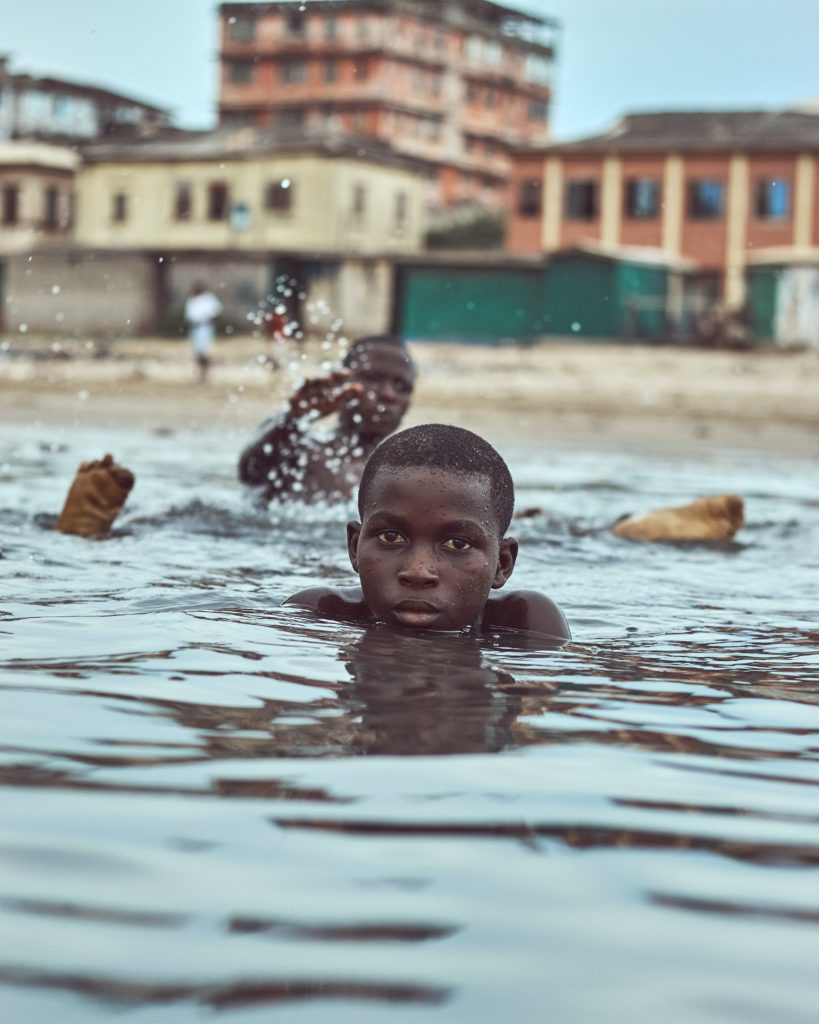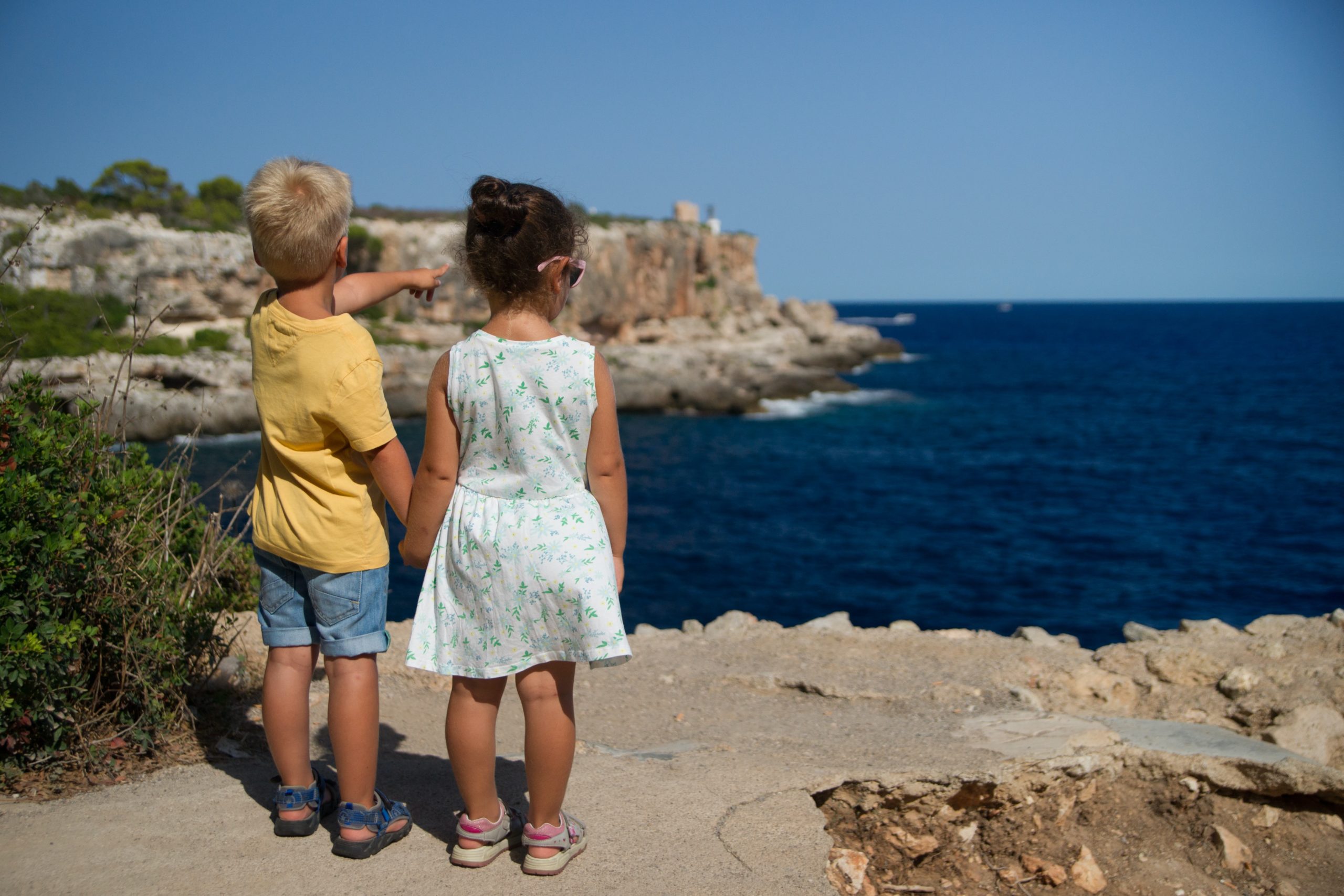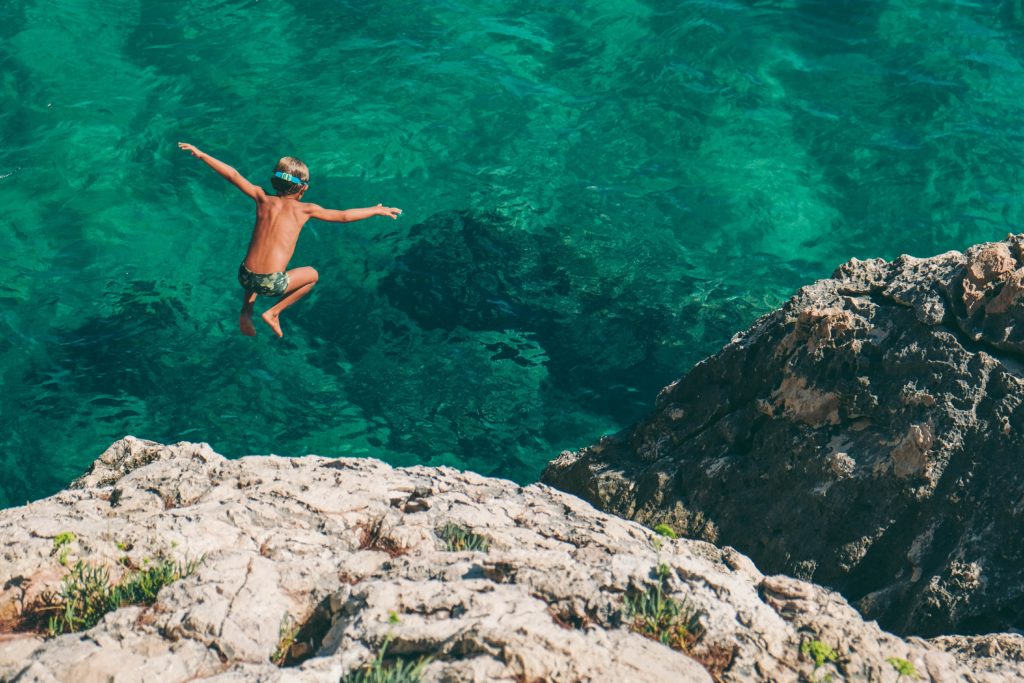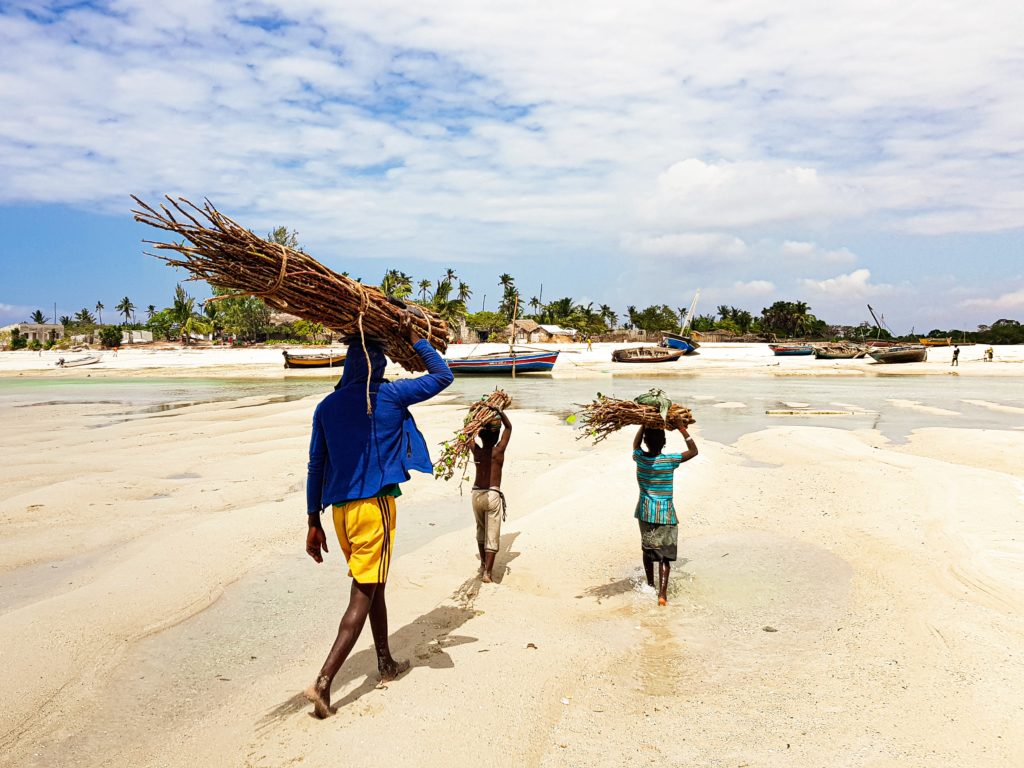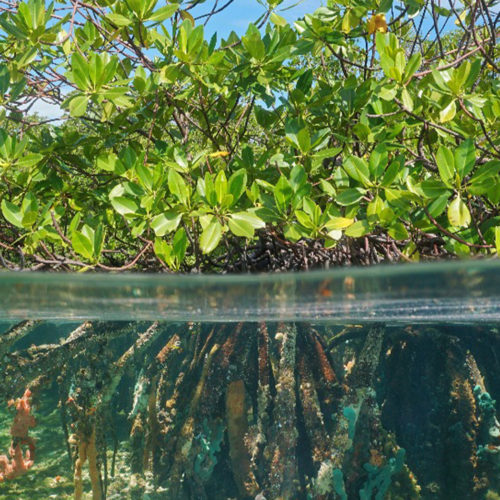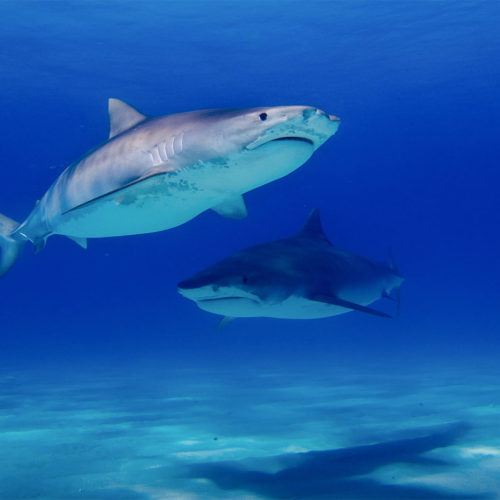Marine conservation on a global scale is an immense challenge. Achieving long-term conservation goals involves the education of multiple demographics in order to sustain conservation targets. The incorporation of continuous education of students, including practical field experience, can alter their perception of the sea. Without knowledge of the marine environment, the young will be less willing to protect and preserve it for years to come. To mitigate this, environmental education programmes are used to increase ocean awareness and encourage pro-environmental action. Multiple studies even cite an increase in parents’ environmental awareness via their children, providing ocean optimism for future generations.
close
What is Pelorus Foundation?
Our mission is to champion innovation and act as a catalyst, empowering individuals and local communities to preserve and protect the world’s wildlife and wild places for future generations.





